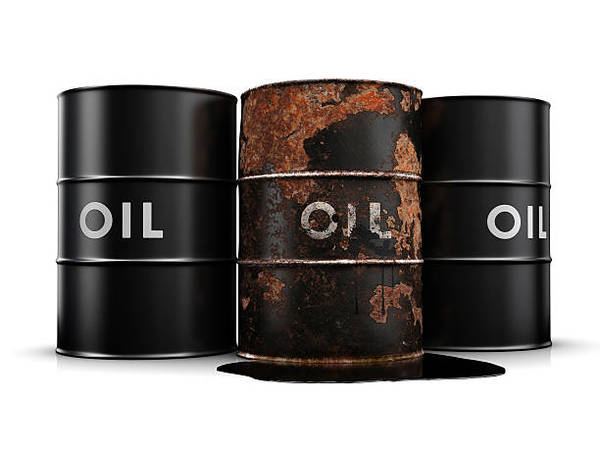Brent moves higher as Middle Eastern conflict escalates
The front-month ICE Brent contract has gained $0.37/bbl on the day from Friday, to trade at $72.32/bbl at 09.00 GMT. PHOTO: Oil barrels. Getty Images
PHOTO: Oil barrels. Getty Images
Upward pressure:
Brent’s price has gained due to escalation of conflict in the Middle East over the weekend, which has raised concerns about potential oil supply disruptions in the region.
The Israel Defense Forces (IDF) conducted an airstrike on Hezbollah's headquarters in Beirut on Saturday, which killed senior Hezbollah leader Hassan Nasrallah and other prominent leaders of the Iran-aligned group.
Additionally, the Israeli Air Force (IAF) struck specific Houthi-controlled areas in Yemen, including power plants, and a seaport used by the armed group to transfer Iranian weapons and crude oil, the IDF claimed.
Market analysts warn that further escalation between Israel and Iran’s proxies, including the Hezbollah and Houthi armed groups, could directly involve Iran in the conflict, threatening oil supply from the Middle East.
“If Iran were to become more involved, this would increase the risk of oil supply disruptions,” two analysts from ING Bank said.
The global oil market’s focus currently remains on OPEC+, which will hold its Joint Ministerial Monitoring Committee (JMMC) meeting to discuss production levels on Wednesday. “It is unlikely that the JMMC will recommend any large shift in policy,” ING Bank’s analysts added.
Downward pressure:
Brent’s price felt some downward pressure following a report that OPEC’s largest producer and de-facto leader Saudi Arabia is preparing to raise oil output from December.
Riyadh is preparing to bring back some supply starting 1 December, Financial Times (FT) reported.
Brent's price rise was partially capped as “fears mounted of rising OPEC supply,” ANZ Bank’s senior commodity strategist Daniel Hynes remarked.
Oil prices felt more downward pressure due to growing concerns about sluggish economic growth in China. According to oil market analysts, Beijing’s latest round of economic stimulus will not be enough to drive demand growth in the country.
“The OPEC+ alliance’s efforts to stabilise the oil market have supported oil prices, but prices have come under pressure recently amid the uncertain [Chinese] economic outlook,” Hynes added.
By Aparupa Mazumder
Please get in touch with comments or additional info to news@engine.online





